The Stockholm Archipelago Lectures are part of the public activities of the KTH Environmental Humanities Laboratory and have been since 2012. It was initiated as an event that marks the presence of the EHL at the KTH Campus. This Monday we look forward to our 10th lecture by looking back in time, finishing off with the announcement of this year’s keynote speaker.
In September 2012 the historian and geographer David Lowenthal visited the Division to give a series of talks. They were entitled the Archipelago Lectures, referring in part to the Stockholm Archipelago, but also to David’s career long professional and personal interest in islands, in the Caribbean, the Mediterranean, in the Isle of Man where he had a summer house, and elsewhere. (From: Sverker Sörlin in “Defining Humanities – Division of History of Science, Technology and Environment, KTH“Report 2017-2018)
The Archipelago lecture was the first major public event of the KTH Environmental Humanities Lab and has become an annual institution every fall. In the early years the lectures were held at the KTH Campus, but for the 2018 lecture with Amitav Gosh on “The Great Uprooting: Migration and Movement in the Age of Climate Change” we moved to central Stockholm and Kulturhuset Stadsteatern. The event was announced in one of Sweden’s largest morning papers, Dagens Nyheter, and attracted our biggest audience so far. A little over 100 people came to listen to Amitav Gosh.
In 2019 the Archipelago Lecture was organized in collaboration with the workers educational associations ABF and the independent opinion group Arenagruppen. “What should socialism mean in the 21st century? An ecofeminist view” with Nancy Fraiser attracted over 200 people, who came to ABF to listen. The lecture was filmed and also streamed online for the first time without us knowing that this would soon be our new normal. Former EHL researcher Roberta Biasillo writes in the Biennial report “Integrative Humanities from the years 2019 in and 2020” Nancy Fraser “engaged with the audience and with us well beyond the time of the talk – we all sat and stood together, we ate next to each other and shook our hands. One year later, on 25 November 2020, we found ourselves online and it was no coincidence that the talk was on ideas and practices of care, repair, and restitution as ways to ensure just living conditions on Earth.”
In the first year of the pandemic we went online and welcomed Achille Mbembe as our Archipelago keynote speaker. From his home in South Africa he gave the lecture “Reflections on Planetary Habitability”. This became one of the EHL’s and the Division’s most visited single events so far, with over 500 people streaming it in real time.
This year we are happy to announce Kathryn Yusoff as our keynote speaker. Kathryn is a professor of inhuman geography at Queen Mary University of London. She is the author of the acclaimed book “A billion black anthropocenes or none“. So, mark your calendars and check your connection – because on December 1 at 4.30 PM CET we are ready to go online again for the next Archipelago lecture.
Lectures from the past
September 9, 2012
“Reflections on the Environmental Humanities”
David Lowenthal, Professor Emeritus of Geography, University College London
September 11, 2013
“The Meltdown of a High Arctic Hunting Community”
Kirsten Hastrup, Professor of Anthropology, University of Copenhagen
October 9, 2014
“Environmental Racism as State-Sanctioned Violence”
Laura Pulido, Professor of American Studies and Ethnicity, University of Southern California
November 2, 2015
“The humanities and global change research: relationships necessary, absent and possible”
Noel Castree, Professor of Geography, University of Manchester, England, and the University of Wollongong, Australia
October 27, 2016
“AlterLife in the Aftermath of Industrial Chemicals”
Michelle Murphy, Professor of History and Women and Gender Studies, University of Toronto
October 5, 2017
“Connecting Dots in Toms River and Beyond”
Dan Fagin, award-winning author, and Professor of science journalism, New York University
September 26, 2018
“The Great Uprooting: Migration and Movement in the Age of Climate Change”
Amitav Ghosh, award-winning writer of historical fiction and non-fiction
October 7, 2019
“What should socialism mean in the 21st century? An ecofeminist view”
Nancy Fraiser, Professor, The New School for Social Research, New York
November 25, 2020
“Reflections on Planetary Habitability”
Achille Mbembe, Professor in History and Politics, University of the Witwatersrand, Johannesburg


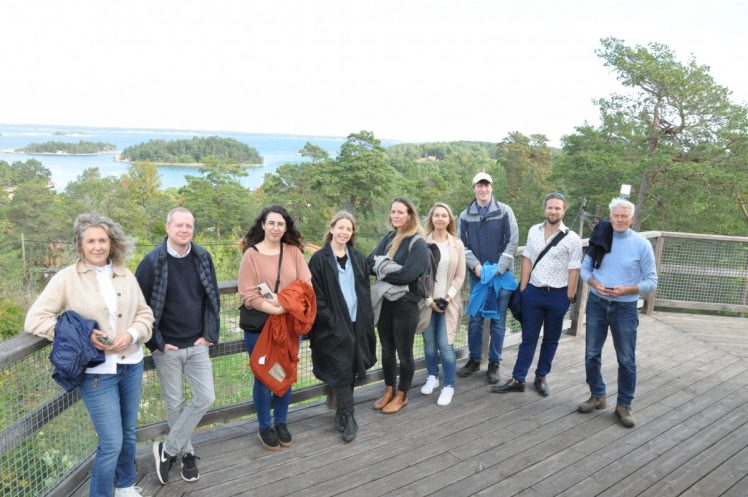
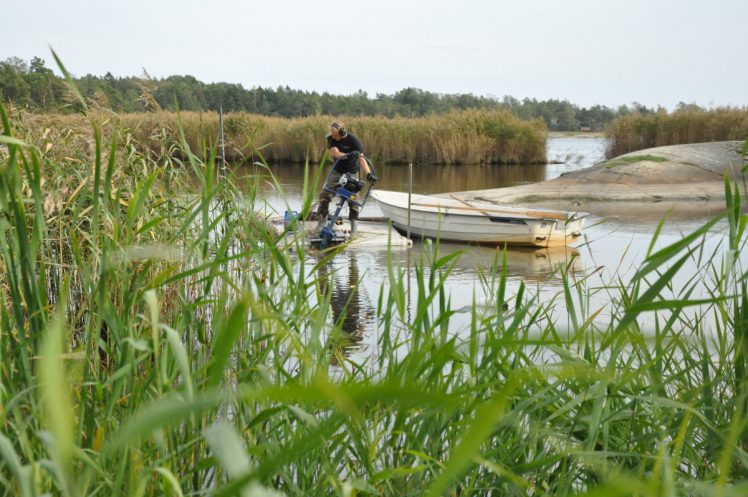
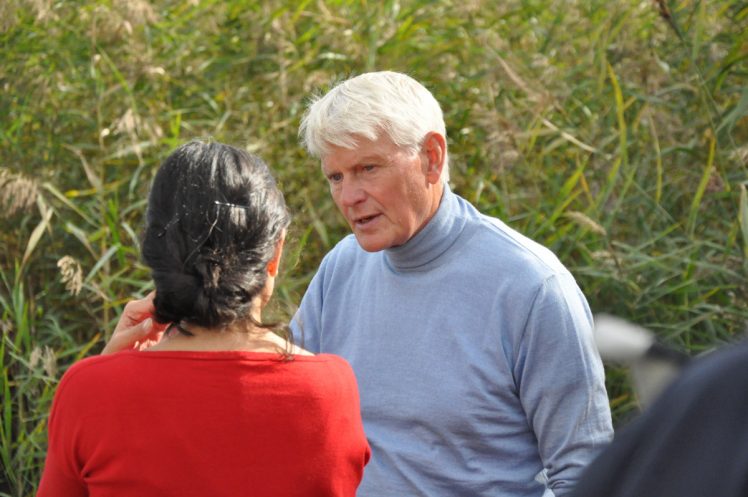

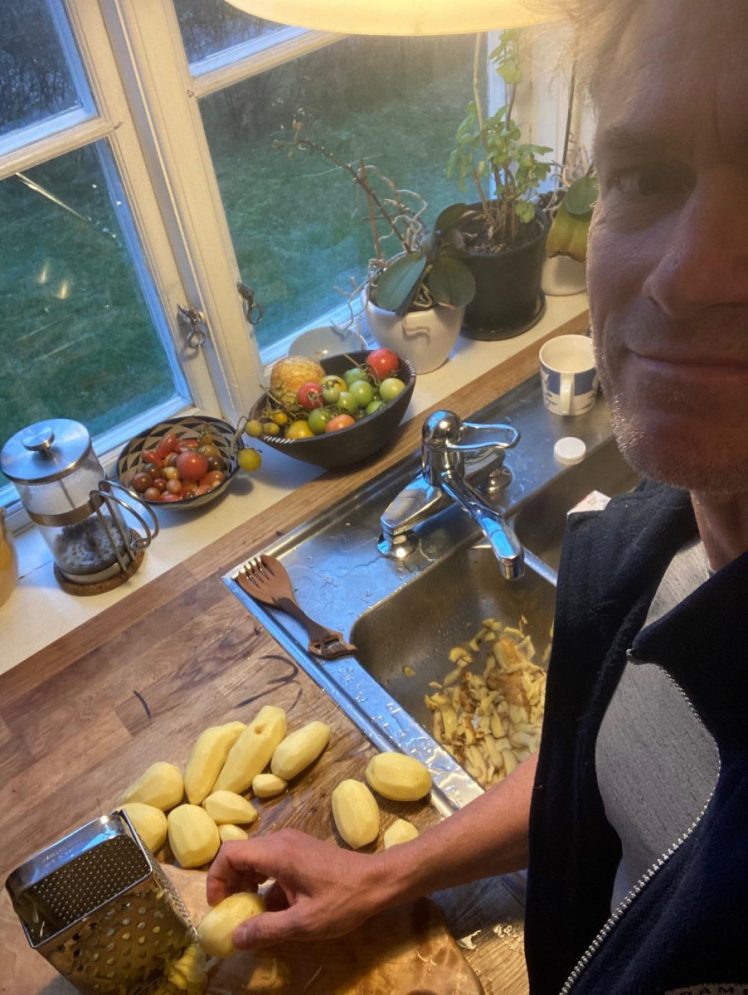

 the division’s Higher Seminar Series. Her dissertation with the title
the division’s Higher Seminar Series. Her dissertation with the title 


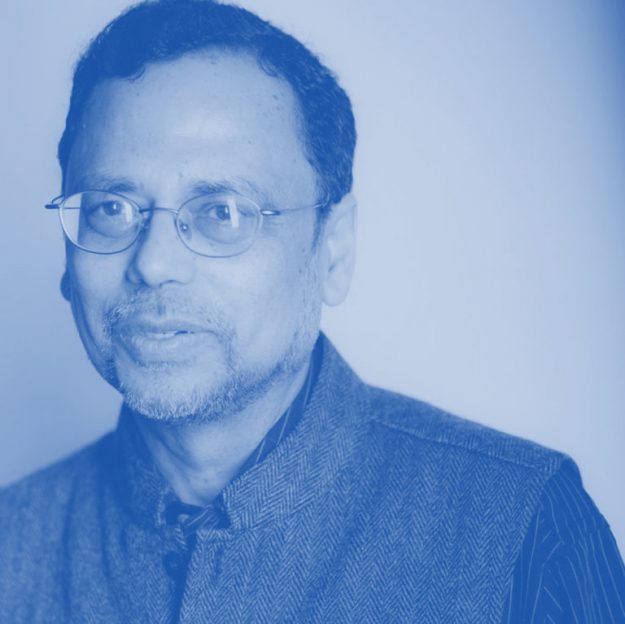
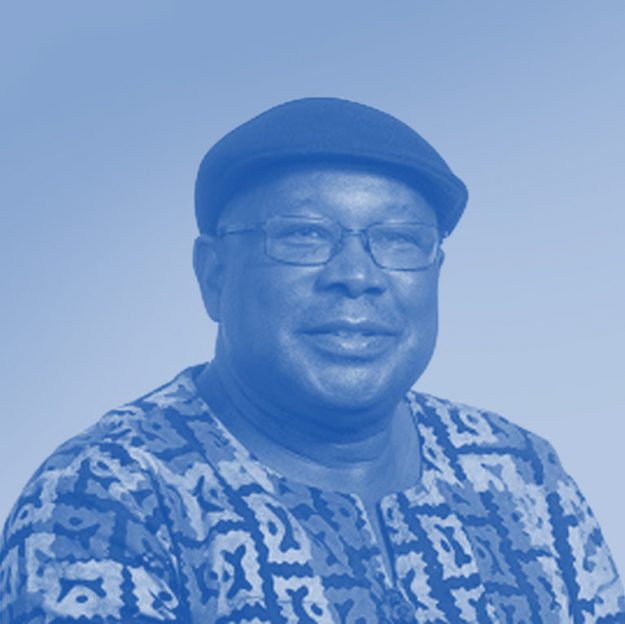

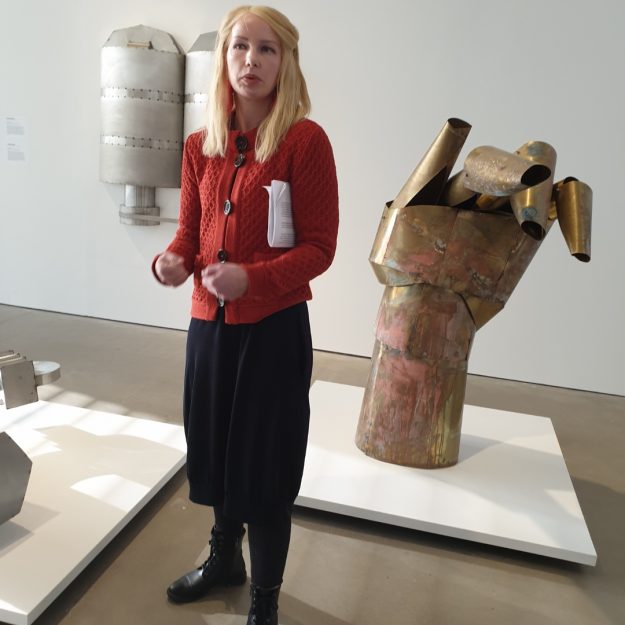
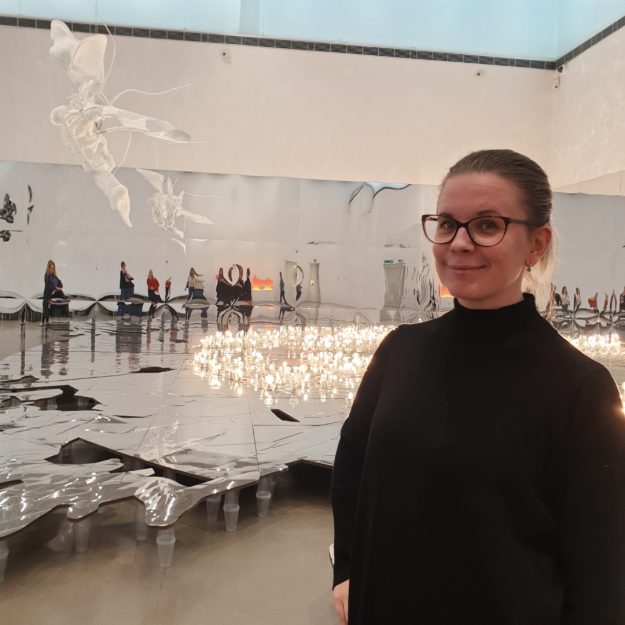
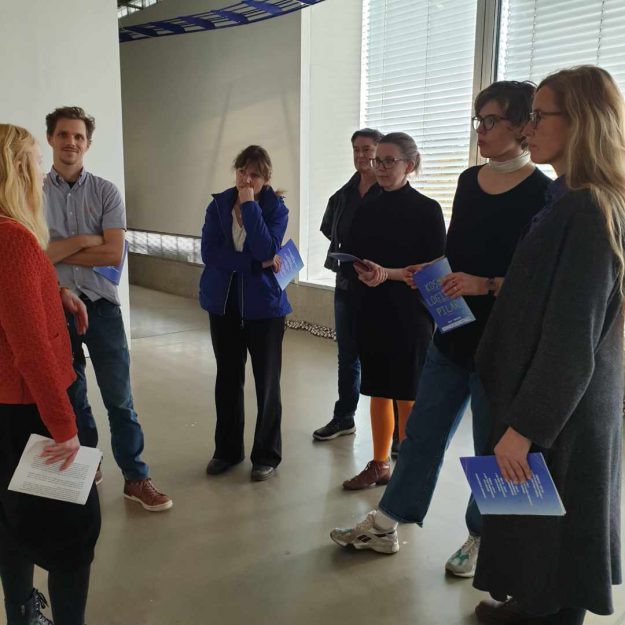
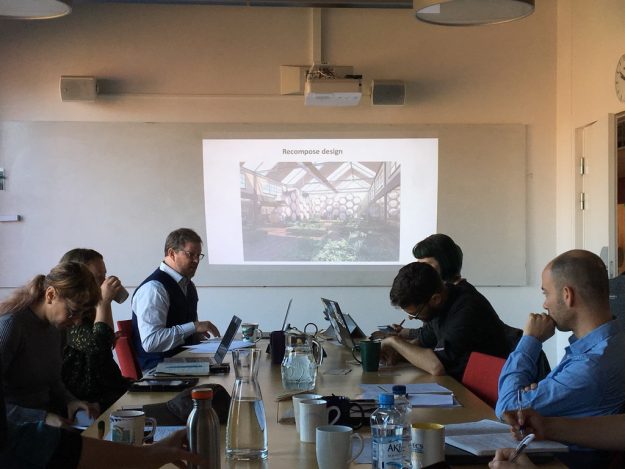
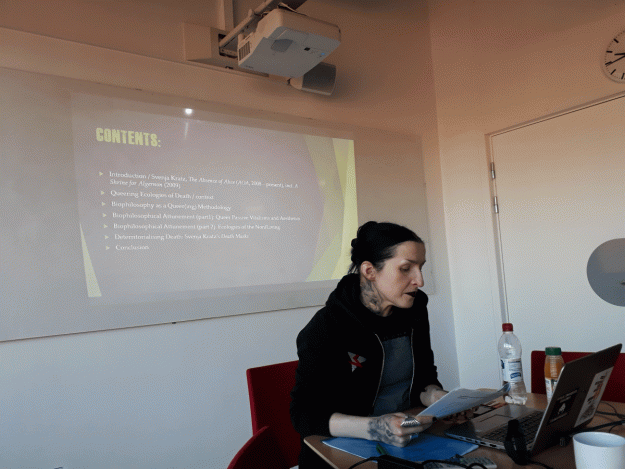
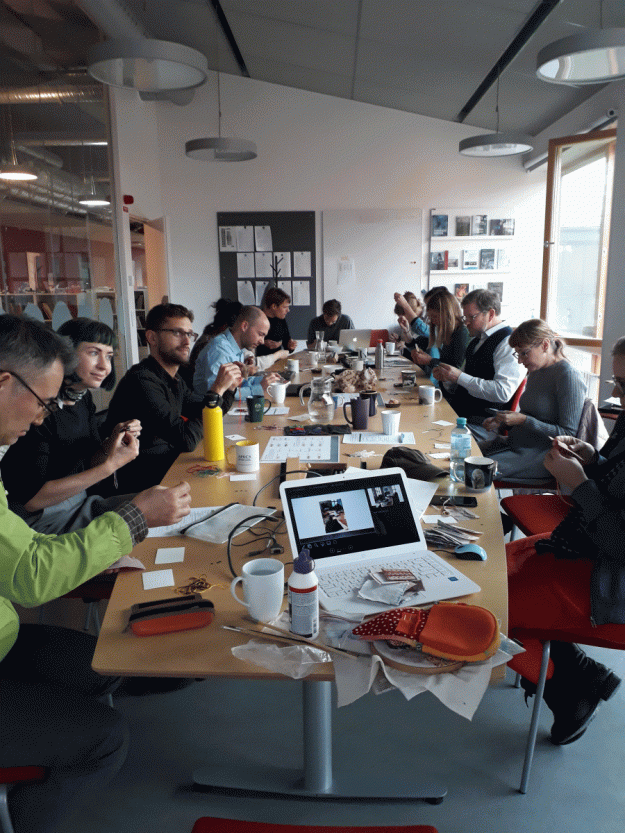
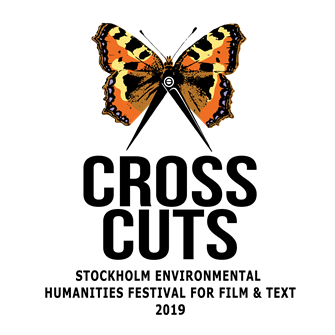 I programmet har vi Saskia Sassen, sociolog och professor vid Columbia University, speciellt inbjuden som hedersgäst för att presentera Fredrik Gertténs omtalade dokumentär Push, där hon även själv medverkar. I en efterföljande panel samtalar Saskia tillsammans med Erik Stenberg, arkitekt och lektor KTH och Marco Armiero, lektor och miljöhistoriker KTH om städers gentrifiering och konsekvenserna av detta. Samtalet modereras av Miyase Christensen, professor i media och kommunikation vid Stockholms universitet.
I programmet har vi Saskia Sassen, sociolog och professor vid Columbia University, speciellt inbjuden som hedersgäst för att presentera Fredrik Gertténs omtalade dokumentär Push, där hon även själv medverkar. I en efterföljande panel samtalar Saskia tillsammans med Erik Stenberg, arkitekt och lektor KTH och Marco Armiero, lektor och miljöhistoriker KTH om städers gentrifiering och konsekvenserna av detta. Samtalet modereras av Miyase Christensen, professor i media och kommunikation vid Stockholms universitet.

